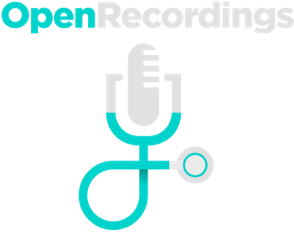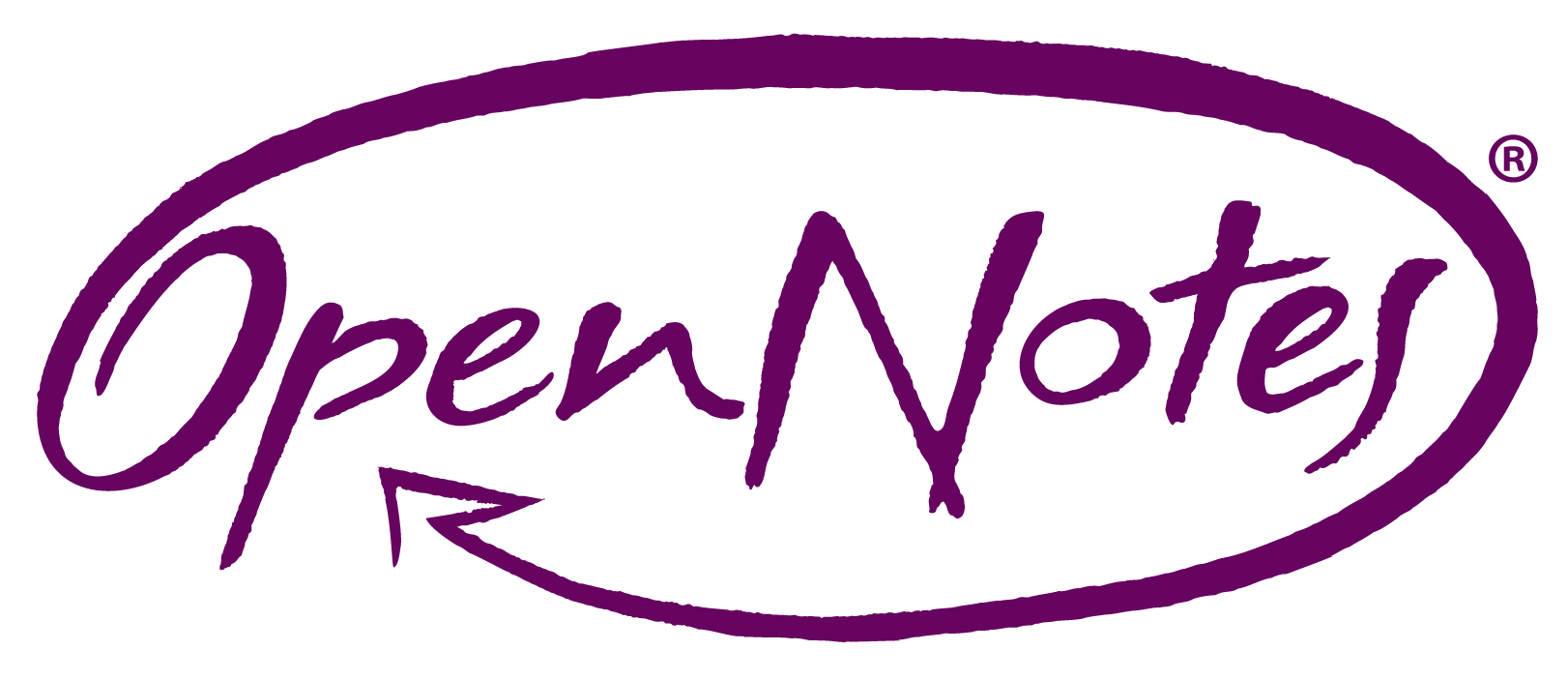
The CHRONICLE Trial. Comparing Healthcare Visit Recording and Open Notes to Improve the Chronic Illness Care Experience for Older Adults
Lead Investigators
Paul J. Barr, PhD MPH (PI; Geisel School of Medicine, Dartmouth), Kerri L Cavanaugh MD MHS (Vanderbilt University Medical Center), Meredith Masel PhD MSW (University of Texas Medical Branch).
Public Health Relevance
The 21st Century CURES Act ensures that patients and caregivers can access visit information in the medical record – yet it is unclear if this is the best way to share information. Visit audio recordings has emerged as another evidence-based strategy to share information. This has resulted in a decisional dilemma for patients and healthcare leaders who ask the question “what is the most effective approach to communicating healthcare visit information to facilitate the day-to-day self-care of older adults living in the community?” To answer this question, we propose the CHRONICLE (Comparing Healthcare visit Recording and Open Notes to improve the chronic illness care experience for older adults) Trial, a Type 1 Hybrid trial where 900 older adults with multimorbidity will be randomized to receive clinical notes alone (NOTES), or Notes plus visit audio recording (AUDIO) for all primary care visits in a six-month period.
Knowledge gained from our study will improve the quality of evidence about the best strategy of communicating vital health care information in this vulnerable older adult patient population at high risk for adverse outcomes and lower quality of life
Funding Source
Patient Centered Outcome Research Institute (PCORI)
Project Period: 11/01/22 - 10/31/27
Team Members
Martha Bruce, PhD (Department of Psychiatry, Geisel), Elizabeth Carpenter-Song, PhD (Department of Anthropology, Dartmouth College), Cait DesRoches DrPH (Harvard), Craig Ganoe MS (CTBH), James Goodwin MD (UTMB), Parul Goyal MD (VUMC), Alberto Gutierrez MD (UTMB), Hynouk Hong DO MPH (Dartmouth Health), Sunil Kripalani MD MSc (VUMC), Bill Nelson PhD MDiv (Geisel School of Medicine), James O’Malley, PhD (The Dartmouth Institute), Lisa Oh MS (CTBH), Isamar Ortiz BA (UTMB), Trent Rosenbloom MD MPH (VUMC), Susan Tarczewski CCRP (CTBH), Sonya Williams BSN (VUMC), Adam Wright PhD (VUMC), Renata Yen, PhD, MPH (CTBH).
Patient Partners and Stakeholders
Roger Arend BSCE (Patient Partner), Kathleen Cameron BSPharm, MPH (National Counseling on Aging), John Donnellan MPA, FACHE (NYU Wagner), Carmen Juch Gore (Patient Partner), Larry Gore (Patient Partner), Robert Kottkamp (Patient Partner), Ellen Flaherty PhD, ARNP (Dartmouth Centers for Health and Aging), Kelvin Jones (Patient Partner), Nancy Lundebjerg MPA (American Geriatric Society), Manuel Ortiz (Patient Partner), Tiffany Pierce MD (Medical Executive), Sheryl Piper (Patient Partner), Shirley Green-Reese PhD (Patient Partner), Michelle Sierpina PhD (Osher Lifelong Learning Institute, UTMB), Mike Wittke MPA (National Alliance for Caregiving).
Project Summary
Patients forget up to eighty percent of clinic visit information immediately post-visit. This is a significant barrier to self-management, especially in older adults with multimorbidity leading to poor health outcomes. Patient portal access to written visit notes and summaries is now standard and can improve recall and health outcomes, yet concerns exist about their layout, accuracy, and low patient uptake. A growing but underutilized strategy to augment notes is to share visit recordings with patients. When patients receive an audio recording of the visit, 71% listen and 68% share the recording with a caregiver, resulting in greater recall and improved self-management. Despite growing interest, the most effective approach to communicating visit information to facilitate the management of multimorbidity among diverse older adults living in the community remains unclear. A question has been raised by patients – should visit recording be added to standard practice?
STUDY AIMS
Aim 1. Assess the comparative effectiveness of written visit information provided to older adult patients via the patient portal (NOTES) versus NOTES plus visit audio recording (AUDIO) on quality of life (QOL; primary outcome).
Aim 2. Determine whether patient health literacy, and disease burden, are modifying factors on the comparative effectiveness of NOTES versus AUDIO on patient QOL.
Aim 3. Identify system and patient-level factors that impact the implementation and use of multimodal strategies of healthcare visit information exchange by patients, caregivers, and health systems.
Hypothesis (Main Effect): Compared to those receiving notes, patients randomized to also receive audio recordings of clinic visits will report better QOL (Primary Outcome), via improved self-management ability, and better treatment adherence, higher quality visit communication, and satisfaction (Secondary Outcomes) at 6 months, with larger relative benefits for those with low health literacy and high disease burden. We will also disseminate specific stakeholder-informed strategies to promote effective visit information sharing and use by diverse populations of older adults and caregivers.
STUDY DESCRIPTION
Overall study design
We will conduct a multisite, two-arm, parallel group, patient-randomized, controlled, superiority trial with 6-month follow up. We will adopt a Hybrid Type 1 design, using the Consolidated Framework for Implementation Research framework to guide semi-structured interviews, coding, and analysis; we will sample participants who have completed the study, clinicians, and health leaders.
Comparators
Comparator 1 (NOTES): After the initial visit we will orient patients to their patient portal (Epic at all sites) and how to access visit information; we will set up patient portal accounts where necessary.
Comparator 2 (AUDIO): All patient visits with study clinicians will be audio-recorded over 6 months, using HealthPAL, an NIH-funded HIPAA-compliant audio personal health library developed by PI Barr with older adults and caregivers, available in Spanish and English. Participants in the AUDIO arm will receive orientation to the patient portal and HealthPAL, including how to listen to and share their recordings.
Following each scheduled visit, patients and caregivers in both groups will receive emails reminding them to listen to the visit recording and/or review their note: 1) within 48 hours of the visit to remind them of the visit discussion and self-management tasks they may have; and 2) 3 days before their next visit to prepare listing three things they want to talk to their doctor about.
Study Population
We will recruit primary care clinicians (n=30 [10 per site]) and patients (n=900) from three healthcare systems: Dartmouth-Hitchcock, Manchester NH; Vanderbilt University Medical Center, Nashville TN; and University of Texas Medical Branch, Galveston TX. Our sites provide significant geographic, racial, and ethnic diversity, and have collaborated for over three years. We will include patients aged ≥65 years with who are managing diabetes or high blood pressure, plus one other disease, who can speak English or Spanish attending a primary care visit. We will include caregivers (family or friends) identified by patients, ≥18 years of age and assist with self-management (estimated n≈300).
Outcomes
Primary: Quality of life (Global PROMIS 10: Physical and Mental Functioning). Secondary: Self-management ability; general adherence; adherence to medication; satisfaction with care; visit communication and shared decision making. Exploratory: quality of diabetes and hypertension care; healthcare utilization; and caregiver outcomes: preparedness for caregiving, burden of caregiving and caregiver visit engagement.
Timeframe
Six-month follow-up for all outcomes.



